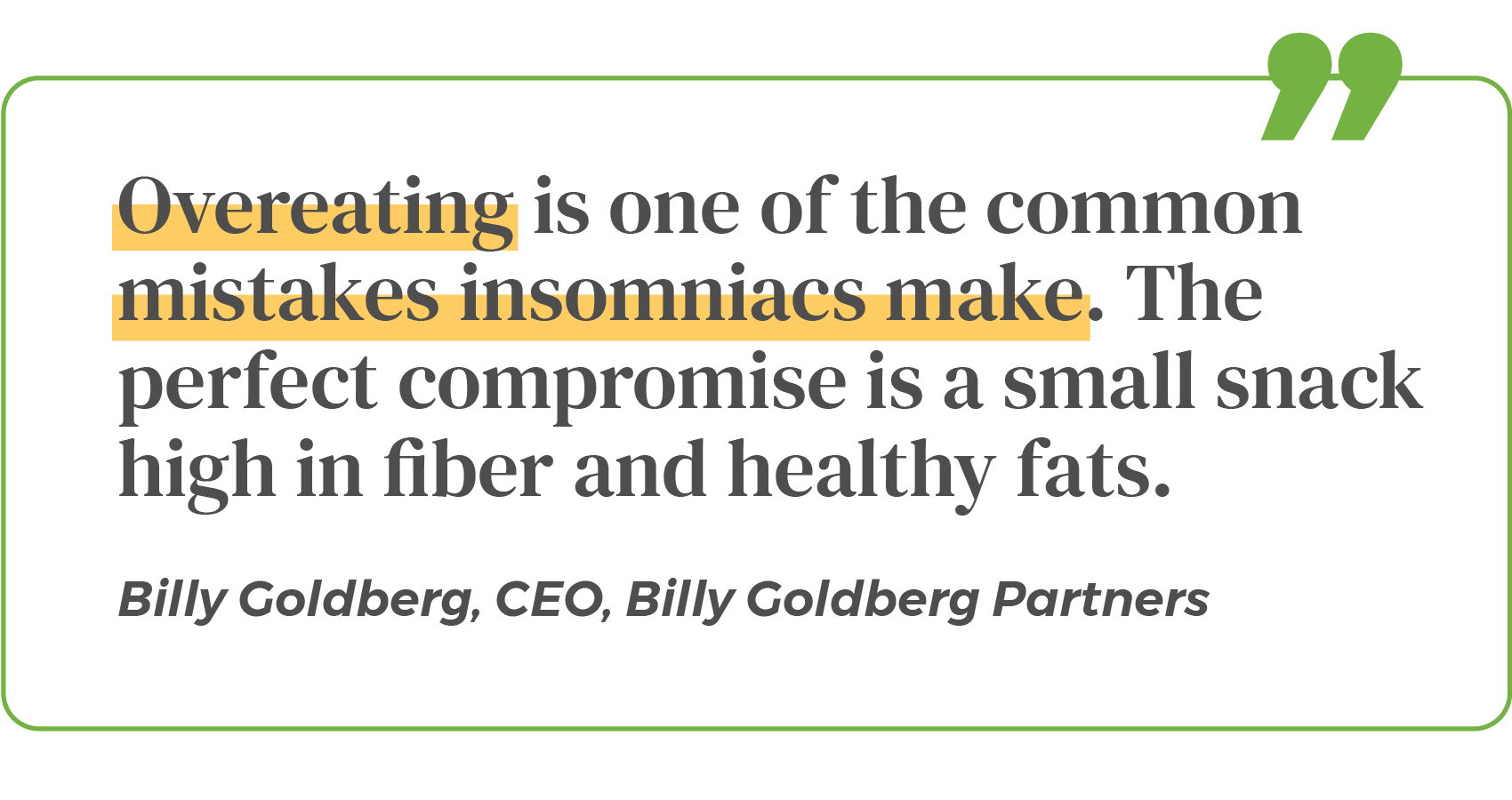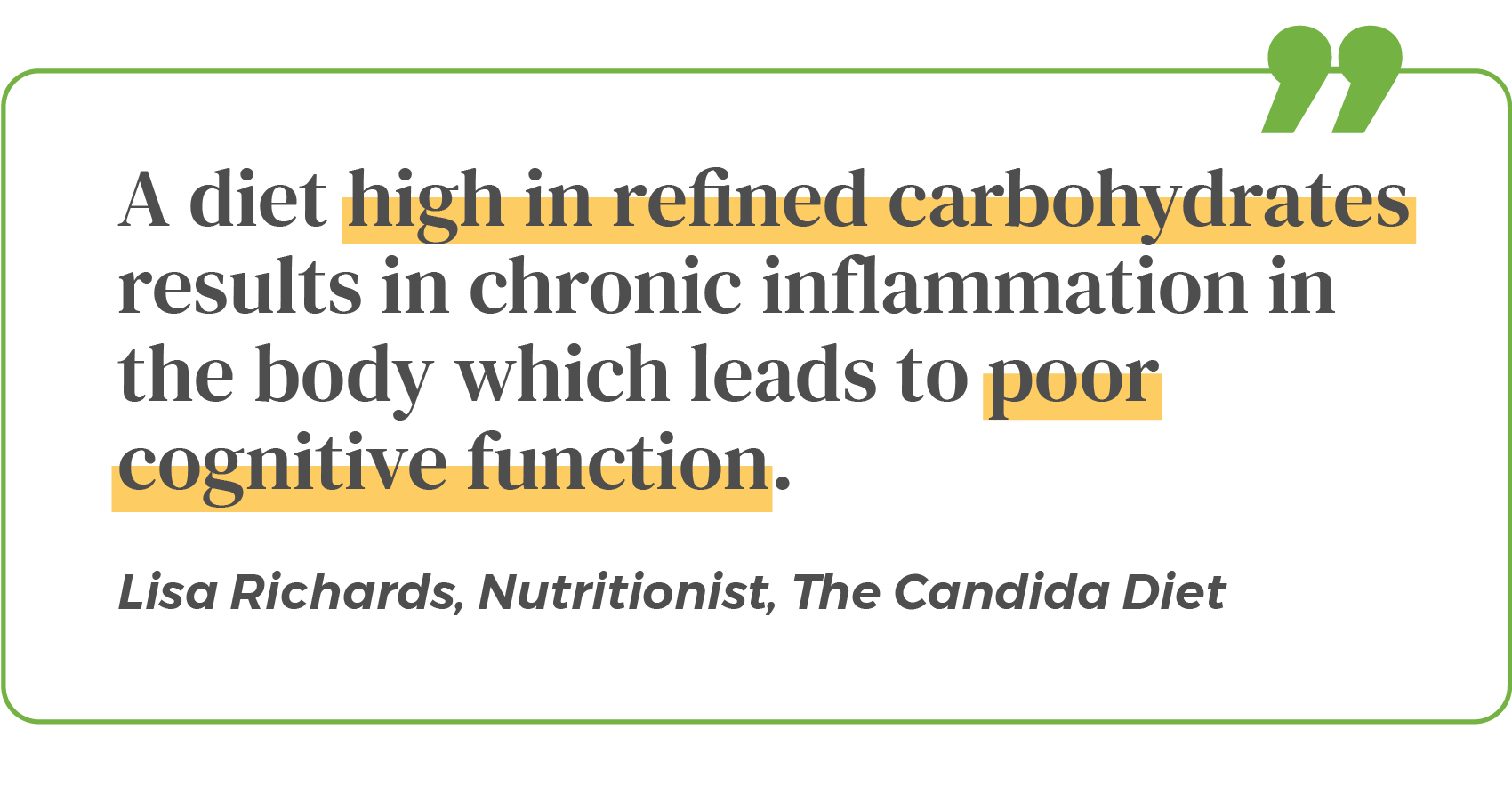
With many of us working from home and going through so much unrest and uncertainty, it’s often hard to stay focused and even calm throughout the day. In addition, having to take care of your kids, deal with roommates, or simply manage the day-to-day tasks in your home can make it a challenge. If you’re an essential worker, heading out and navigating this new normal is draining and can also have a huge impact on your mental health. In light of all of this, taking care of our health is even more imperative than ever before.
To help, we thought we’d share this guide on some healthy snacks that promote productivity. Since a huge part of being productive is getting a good night’s sleep, you’ll find sleep promoting foods that we typically have in our kitchens including fruit and grains. These aren’t just healthy foods to consume every day, but can help get some rest when you’re dealing with too much anxiety or insomnia. On the other hand, if you need a little boost of energy throughout your day, the guide also covers a few snacks that can help. Keep reading below for more tips on how to stay productive throughout your day.
A lack of sleep affects not only energy levels throughout the day, but overall productivity, the immune system, and mood. According to the Sleep Foundation, nearly 50% of Americans report poor quality of rest negatively affecting their daily lives. Inadequate sleep changes hormone levels. When these levels aren’t balanced, our appetite is affected often leading to an increase in unhealthy food cravings, continuing the cycle of a poor diet.
We asked CEOs, entrepreneurs, nutritionists, and doctors what food they eat to ensure restful sleep and energy during the day. We compiled the information for a comprehensive look into what foods you should eat to improve overall productivity, segmented by dietary constraints
FOODS THAT HELP YOU SLEEP AND WAKE UP
To promote energy throughout the day, look for foods with protein, fatty acids, B vitamins, fiber, and antioxidants. In contrast, to induce healthy sleep habits, look for foods that have magnesium, potassium, tryptophan, serotonin, and melatonin.
Foods high in energy-boosting nutrients: eggs, salmon, dark chocolate, oatmeal, and avocado. Foods with sedative effects: turkey, lentils, popcorn, almond butter, and bananas.
FOOD FOR SLEEP
Certain foods affect the chemicals in your brain to support healthy sleep. These nutrients allow minerals to create the amino acid, tryptophan, which helps promote a healthy REM cycle. Spicy and acidic foods, along with caffeine, can have a direct impact on sleep quality. Not only are these foods stimulatory, but they can cause heartburn that activates acid reflux, which is exacerbated by lying down
WHAT CONSTITUTES FOOD FOR SLEEP?
The amino acid tryptophan increases chemicals that coax you to sleep by relaxing muscles. This acid stimulates the hormone melatonin and the neurotransmitter serotonin, both of which control sleep patterns. Additionally, foods rich in antioxidants have the ability to counteract stress caused by various sleep disorders.
Founder of Sleeping Lucid, Liz Brown, disclosed that fiber is also beneficial to healthy sleep patterns, explaining that foods rich in fiber increase deep, slow-wave sleep.
DIET-SPECIFIC FOOD FOR SLEEP
Smart Healthy Living’s advisory board member, Amanda A. Kostro Miller, RD, LDN explained that low blood sugar, a result of fasting, can cause anxiety. She further explains that this feeling is the body’s way of notifying you of low blood sugar.
To combat this, she suggests having a bedtime snack that contains both carbohydrates and protein. “Carbohydrates can raise your blood sugar, which has a sleeping effect. Protein helps you stay full throughout the night so that you don’t wake up hungry later on” says Miller.
HOW TO INCORPORATE FOOD FOR SLEEP INTO A ROUTINE
Registered Dietitian, Colleen Christensen encourages her clients to enjoy treats without guilt. Christensen says “Having chocolate in the evening is a key food for successful people! I say this because it’s so important to not stress over food and try to be perfect. Satisfying cravings allows you to put your energy towards work, not feeling guilty or stressing about indulging.”
Although it’s important to satisfy cravings, it’s equally as important to avoid overeating. “A full tummy can cause insomnia” explains Billy Goldberg, CEO of Billy Goldberg Partners, “overeating is one of the common mistakes insomniacs make. The perfect compromise is a small snack high in fiber and healthy fats”.
FOOD FOR ENERGY
Dr. Meghan Walker, a Naturopathic Doctor for Entrepology Labs & Clinician Business Labs, focuses on optimizing the health and performance of entrepreneurs and executives. She explains that beef or turkey jerky is a nutritional hack that’s been universally beneficial for focused brain function. She explains that “the combination of protein, fat, and salt for the adrenal glands has been a secret weapon for my executives for years”.
WHAT CONSTITUTES FOOD FOR ENERGY?
Foods with a low glycemic index (GI) are converted into glucose at a much slower rate than their high GI counterparts. When you consume foods with a lower index, you can better regulate your blood sugar levels for more consistent energy levels.
Erik Levi, a certified Functional Nutritional Therapy Practitioner at Holistic Nootropics, says a diet to promote energy should focus on low or no-carb foods. He explains that carbohydrates break down into glucose in the blood, which raises cortisol. High cortisol levels exaggerate an insulin response which makes you hungry, tired, and stressed soon after consumption.
DIET-SPECIFIC FOOD FOR ENERGY
Lisa Richards, author of The Candida Diet, recounts “a diet high in refined carbohydrates results in chronic inflammation in the body”. She goes on to detail how this inflammation negatively affects cognitive function, including the ability to focus.
Eat healthy fats at the start of the day to provide sustained energy and healthy hormone levels. Avoid herbs with a stimulatory effect, such as red and black pepper.
HOW TO INCORPORATE FOOD FOR ENERGY INTO A ROUTINE
Financial planner, Tom Corley, studied over 350 wealthy people and wrote about it in his book, Rich Habits. He notes that 44% of wealthy people wake up at least three hours before their workday starts. It’s important to note, though, that these early morning routines don’t always suggest an immediate breakfast.
Founder of The Advisor Coach, James Pollard, supports these claims explaining that “most people’s brains operate at peak efficiency in the morning and eating something causes resources to go from your brain to aid in digestion”. That being said, allow yourself at least 90 minutes after you wake up before eating anything.
Link:



